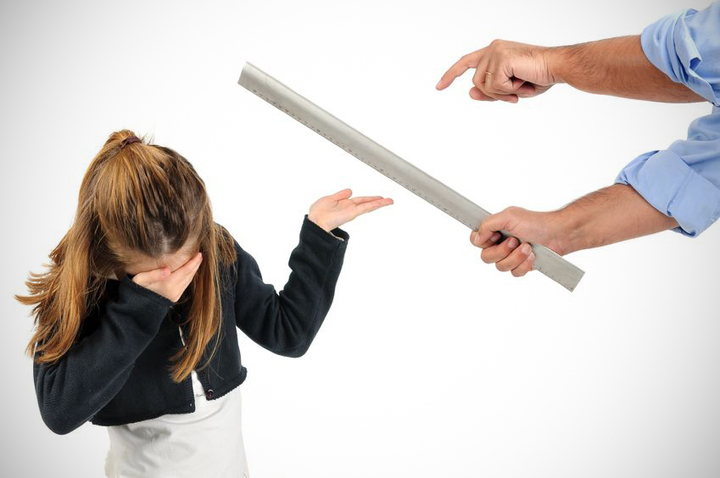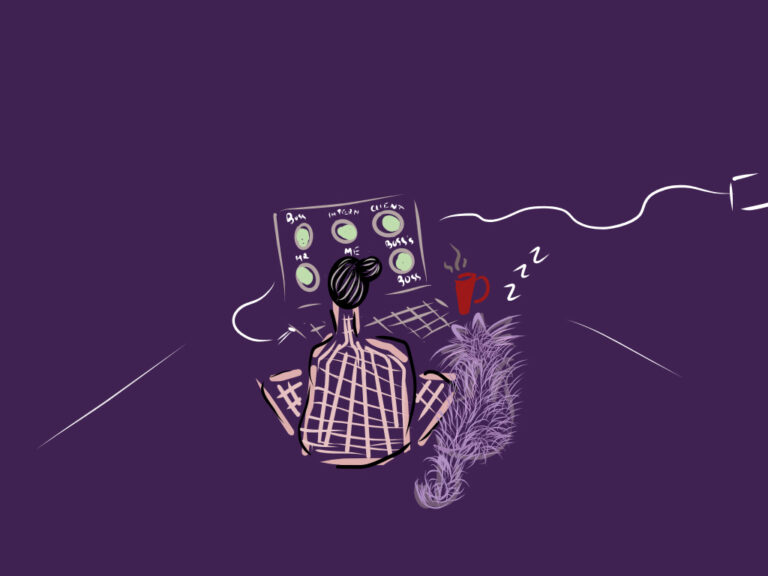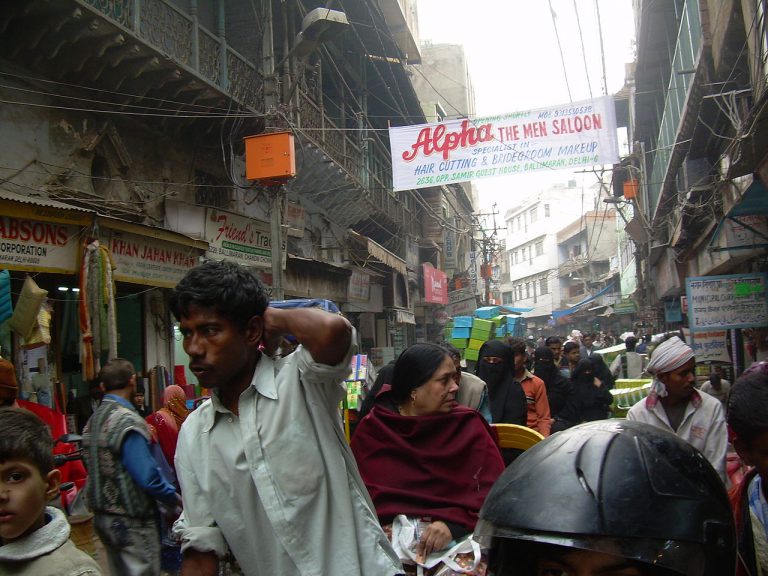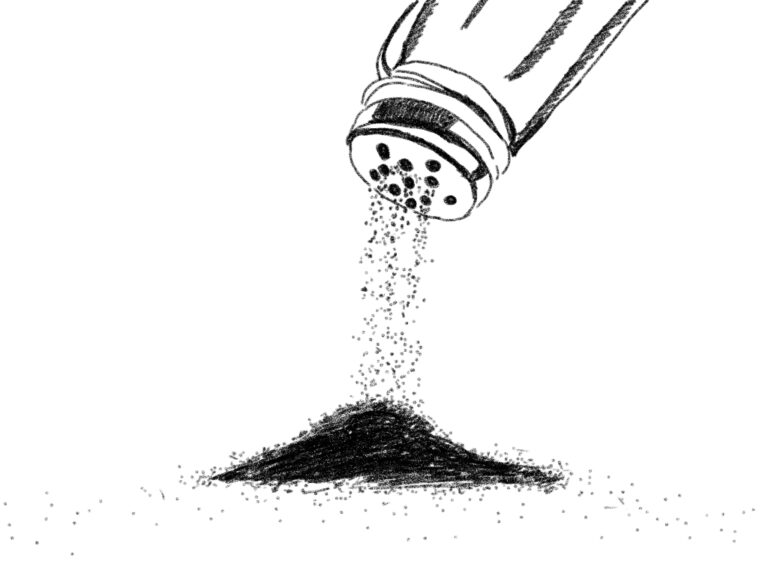Corporal Punishment: Negative Mindset Disastrous
Dr. Jayan is a ‘Contributing Writer’ at the journal.

Spare the rod and spoil the child is a common phrase in the Indian household and many Asian cultures and societies. I dare to ask the question to those who support it, what guarantee does it give you or the child that it will have a positive impact in the future?
In the competitive world of intense academic rivalry, materialistic craze, growing consumerist upswings, and grading systems where the figures or the numbers matter or are taken to be the only criteria for advancing into a higher stage of learning, corporal punishment can cause psychological traumas which can endanger a child’s mental health. The teacher or the parent with the cane is sometimes taken to be the last resort to propel the poor boy or girl to have those numbers and percentages by the side of his name in the year-end report or the marks card as we call it traditionally. Do marks guarantee success in the game called Life?
It is the values, ideals, virtues which manifest and define an individual. The young Mohandas refused to change the spelling of the misspelt word kettle to kettle even after the teacher nudged him to. Mohandas was our Mahatma Gandhi whose birthday is celebrated as the International Day of Non-violence by the United Nations. An act of violence begets violence and corporal punishment is precisely that which is enforced on a young child at a tender age. It creates a fear of psychosis, negativity and sometimes leads to reinforcement of suspicion, fear, hatred, anxiety, and incomparable apprehensions.
A monotonous academic system creates imbalances in the path to creativity and innovation futuristically. Our tiny tots who learn to join the dots while writing has the fingers and the minds which can shape our future and life in the coming years.
The driver of the school bus or part of any transport network has the potential of navigating and negotiating the twists, turns and curves of modern-day travel in the busy lanes and highways or the meandering streets dotted across all localities irrespective of the terrains we live in or venture into. When the driver was in school, he never thought that his innate or acquired skill would be for the benefit of thousands who rush during the rush hours of the morning traffic and bear the snarls of the heavy evening traffic. If his scores were low in yesteryears, today he is an unsung hero to many who are aware or completely ignorant of his daily services to the communities in the respective localities of every nook and corner of our countries.
A skill possessed or acquired has many impacts and outcomes. The bus driver is one among the Unsung Heroes who are not seen or heard by many but caters to multitudes of people every day. The Gardener, the farmer, the fishmonger, the florist, the chef, the taxi-driver, the chauffeur, the carpenter, the air hostess and let’s not forget our soldier, our Jawans who gave up their today’s for our tomorrow’s should also figure in that list of our Unsung Heroes. These men and women from all walks of life were all children once who may or may not have performed well in academics but do yeomen service every day driving the local economies and contributing to national incomes worldwide.
Every child who walks into a school as he takes those tiny little steps with the twinkling eyes, untied shoes, unkempt hair, and childish innocence should soon be led into a world of unknown where books should take him to the paths less travelled, the places yet to be discovered, to the paths of excellence and finally being moulded as men and women of strong character. A pat on the back literally and physically, a kind word in the classrooms can not only change but transform today’s child into tomorrow’s World Citizen and a true patriot respecting his fellow countrymen and owing allegiance to his or her nation’s flag.
Corporal Punishment in some quarters and communities is surprisingly taken to be the right action or the precise way to discipline the child and academically improve his grades. It is a thought process of negative connotation put in the child’s mind of the dire consequences which will follow in case of low grades. Let me be quite frank here. The very temptation to copy or the thought process is a result of the fear which the child has developed over the due course of time on one hand and the other is to avoid the embarrassment of low figures on the report card. Manipulation of any kind cannot be justified or accepted but the intent to do so arises from several factors including societal pressures and family compulsions of better performance which unfortunately is reflected and figuratively shown on paper. It is good that we have got rid of the ranking systems in most parts of our country and the red line which the teacher was supposed to draw over the marks if they were below 35%. It is a red line that can scare and mar a child’s future and the life ahead. The marks don’t guarantee positive or impactful results later in life or in the professional workspace, it’s the skill that matters along with the principles and true convictions of the character governed by moral and ethical conduct which helps build healthier and happier communities. Teaching children self-control and the importance of making choices in a multicultural world would go a long way in creating positive environments for learning and teaching.
Humanity as such was late in coming to terms with Corporal Punishment. There were only three countries that banned corporal punishment in 1970- Italy, Japan, and Mauritius.
Surprisingly 19 states in the United States do approve of Corporal Punishment which is rather disturbing and alarming for three important entities- the educator, the parent, and the student.
There are important psychological outcomes that need to be taken into consideration of this practice as it creates imbalances in a child’s mental growth coupled with the painful memories which languish in one’s mind which can also be replicated in a revengeful manner.
A parent who was severely punished in his childhood can award the same punishment to his or her child in a merciless manner creating discord and straining relations permanently.
The inquisitive minds do have flashes of naughtiness and immaturity in varying degrees at different stages of their growth. Being energetic and positive in classrooms irrespective of continuous talking needs to be accepted as steps in the right direction. Classrooms should become centres of positive, open discussions in the long term that lead to creative ideas, which can innovate and ideate to bring about transformational changes in the societies locally and globally. As Alexander Pope said, “To err is human but to forgive is divine’ is something that holds relevance today in our planet”.
Reference:
Gershoff, E. T., & Font, S. A. (2016). Corporal Punishment in U.S. Public Schools: Prevalence, Disparities in Use, and Status in State and Federal Policy. Social Policy Report, 30(1), 1–26. https://doi.org/10.1002/j.2379-3988.2016.tb00086.x
Featured Image Credits: RNZ







